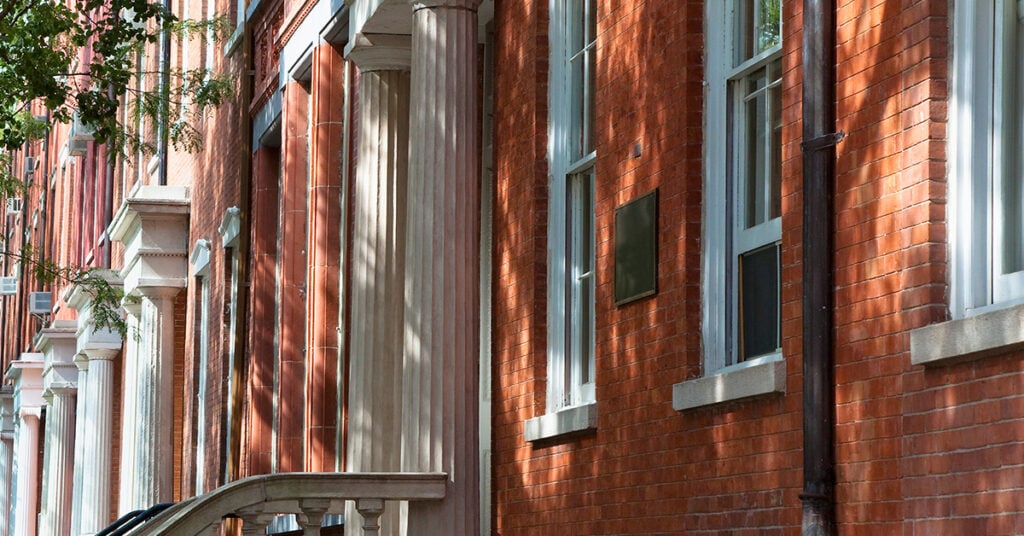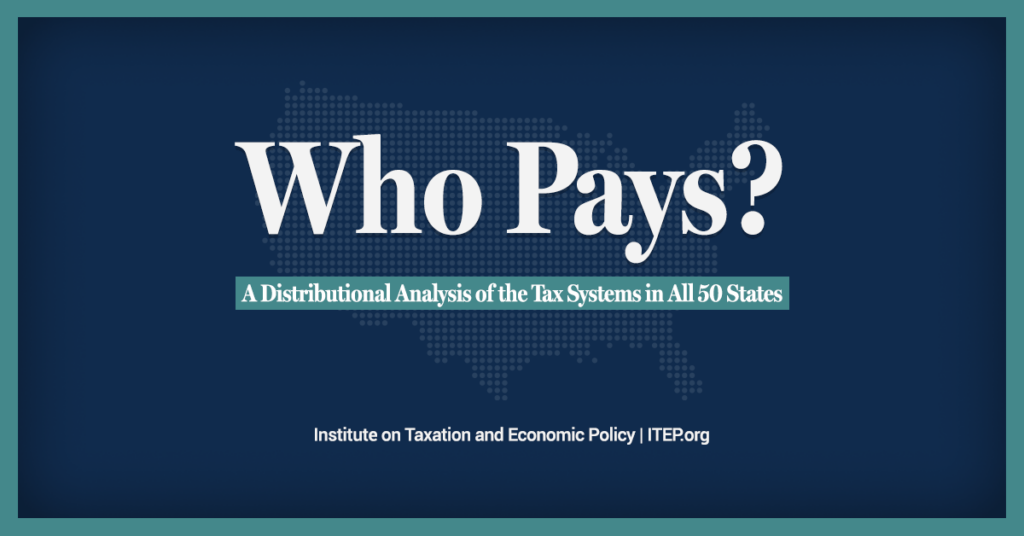Progressive taxes on high-price real estate sales, or “mansion taxes,” have made headlines recently in light of the upcoming “Bring Chicago Home” referendum and the recent enactment of – and subsequent legal challenges to – Santa Fe’s excise tax on high-end home sales. But while local mansion taxes may be having a moment, they have been around for decades. At present, a total of 17 cities and counties spanning six states have such taxes in place. They collectively raise nearly $3 billion in annual revenue for housing, transit, education, and other priorities. Our latest report highlights how local mansion taxes can advance equity and digs into four specific policies in Baltimore, Berkeley, Evanston, and Santa Fe.
Nearly all of today’s mansion taxes were enacted or expanded between 2018 and 2023. Several other cities and counties are currently debating similar proposals. Unsurprisingly, interest in mansion taxes has piqued as housing has become less and less affordable for low- and middle-income families. Recent data shows more American residents going unhoused, more households paying unaffordable amounts on rent, and home prices growing more out-of-proportion to a typical household’s earnings. The racial homeownership gap is currently the widest it has been in the past decade after slightly narrowing during the pandemic.
Given these inequities, and the fact that the wealthiest families saw the largest economic gains during the COVID-19 pandemic, many localities have turned to mansion taxes. Since most state and local tax systems are regressive, mansion taxes can somewhat offset this regressivity by generally targeting households with the greatest ability to pay. Such taxes allow localities to capture some money from real estate speculation and discourage home-flipping in favor of buyers who intend to immediately occupy their new homes.
Localities have few options to progressively raise revenue for housing production, rental assistance, homelessness prevention, and related initiatives. Nearly all states restrict local governments from raising new revenue through progressive reforms to the annual property tax or from progressive local income tax changes. Real estate transfer taxes face comparatively fewer constraints and are fairly simple to administer.
These highly progressive policies don’t come without opposition, as we’ve recently seen in Chicago. Opponents and real estate lobbyists have claimed that the proposal would significantly increase rents, even though University of Chicago researchers found that the impact on rents would be less than 0.1 percent for all but the most expensive units. Of course, the impacts of such policies vary based on the structure of local real estate transfer taxes. For example, localities can employ marginal tax brackets or apply tax rates to the full value of each transaction. The tax base can differ as well since some jurisdictions tax a broader range of property types or exempt certain transaction types altogether.
As more localities look for ways to shore up resources for critical public investments, it is important to understand that over a dozen cities and counties have already benefited from these policies. In close to half of localities with progressive transfer taxes, the revenues have provided a dedicated funding source for affordable housing and to alleviate homelessness. Other cities and counties use the revenue to improve public school facilities and transit systems. If structured well, mansion taxes can be an effective, targeted, and practical tool for equitably raising revenue at a time of skyrocketing housing costs and rising inequality.






